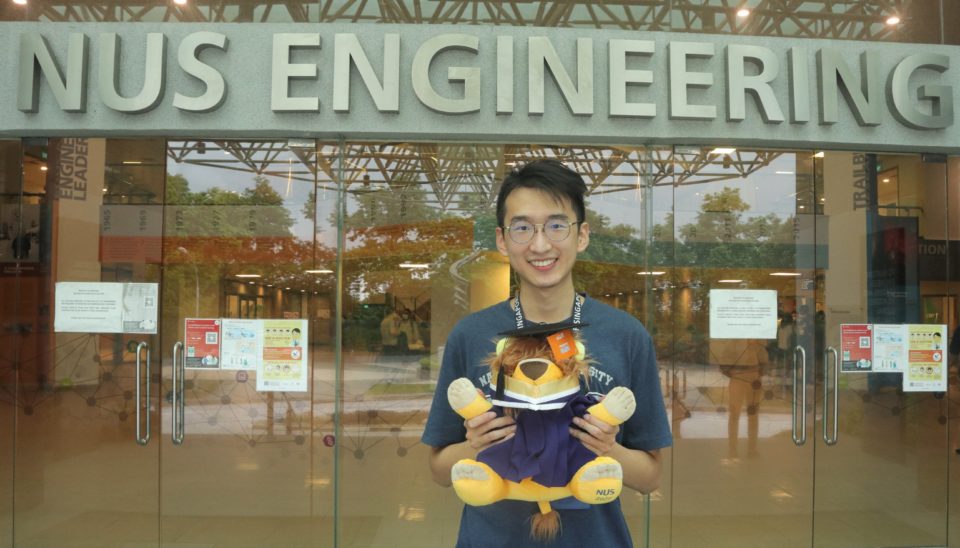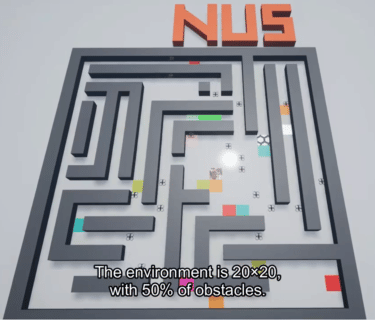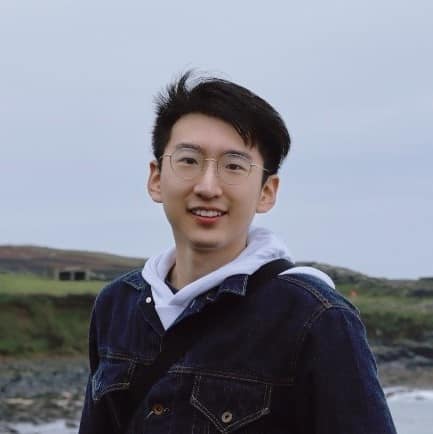Zhiyao Luo
Artificial Intelligence Scientist
I am Zhiyao Luo, a DPhil student at Reuben College and the Department of Engineering Science at the University of Oxford. My research is on artificial intelligence in healthcare!
My story
I was born and raised in a traditional family in Beijing, China. My father is a Professor of Mechanical Engineering at a university in Beijing, and my mother is a Newspaper Editor. Since I was very little, I have shown a particular interest in assembled toys, such as LEGO. After getting bored with assembling all the parts according to instructions, my favourite thing was to create my own robot using parts from different toys. These memories are rooted so deeply inside my head that I can still recall the joy now, even if it has been 20 years! Since I was 6-years-old, I really enjoyed building new things, and think this was the first reason that I became a researcher.
Time flies. After I finished my school education in Beijing, I went to the Northwestern Polytechnical University in Xi’An, China, for my Bachelor’s degree in Mechatronic Engineering, a subject that seemed to realise my childhood dream. In my undergrad years, I gained a lot of knowledge about designing robots from a mechanical angle, including processing raw materials, designing parts and structures, and controlling robotic arms by motors. The more I dived into the robotic field, the more I questioned what I was doing – I felt that robotics is not just about designing a machine that can move, but more about building a man-made ‘creature’ that serves humans. From this perspective, robots need smarter brains rather than stronger arms.

Photo of Zhiyao Luo as a Masters student at University of Singapore, 2019-2021
Does building a powerful robot really matter? I kept asking myself this question as I started my Master’s Degree at the National University of Singapore. This time, I decided not to major in mechanical robotics (which I was very familiar with due to my undergrad study) and chose to focus on using artificial intelligence (AI) for robots to develop better ‘brains’. Specifically, my Master’s project was to use reinforcement learning to plan paths for large-scale robot path planning. Let me tell you what that means…
AI is an advanced technology which enables machines to think and act by learning from pre-collected data. However, training an AI can be very expensive since it usually requires a huge database (imagine we need human teachers to teach the machine 1 million times to distinguish between dogs and cats.). But reinforcement learning does not require any human teaching. It will intelligently interact with the environment and learn by reward and penalty, just like how humans learn to maximize the reward (for example, happiness) in real life.

Zhiyao (bottom left) with his lab mates and a 6-legged walking robot at MARMOTLAB, National University of Singapore, 2020
Studying reinforcement learning was a tough journey for me. As a complete beginner, I had to pick up theories and develop programming skills on my own from scratch. The challenge of research did not stop me. After countless days and nights, I managed to plan paths for over 4000 delivery robots simultaneously in an Amazon distribution centre, and achieved an A+ (top 5 out of 200) on my Master’s thesis. Since then, I realised that AI is a life-changing technology, and I, as a young AI researcher, can really do something to push the boundaries.
In 2020, my grandpa passed away after fighting with Chronic Obstructive Pulmonary Disease (COPD), which is a type of lung disease, for more than 15 years. COPD is a prevalent chronic disease with no cure. In the early stages, symptoms include increasing breathlessness and coughing, but it would gradually become more and more severe, such as chest infections and persistent wheezing. With the great pain of losing my beloved grandpa, I felt a sense of empathy for the rest of the 212.3 million elderly who suffer from COPD. If AI can plan paths for robots, why can’t AI give medicine to patients? Therefore, I decided to switch my research to AI in healthcare.
My DPhil Research
I started my DPhil (postgraduate study) in 2021, focusing on AI solutions to make treatment recommendations for COPD and sepsis patients. My mission is to create a reinforcement learning machine that can prescribe medicine and explain why. One of the greatest challenges is that AI, in healthcare, cannot learn by trial and error. Therefore, AI will have to observe how doctors treat patients without AI actually treating patients in real life before it is guaranteed to be safe.

Zhiyao’s work on planning paths for drone swarms in unknown environments, 2021
On a day-to-day basis, my work is to raise my ‘AI kid’ in front of a computer. Sometimes, AI makes silly moves that can have significant negative impacts on a patients without noticing it. In this case, my job is to identify the problem, talk to AI in its own language (i.e., coding) and then make AI a better doctor in silicon. With technological advances, I believe AI can one day help to save patients and relieve doctors from overloaded and repeated clinical work.
In the future, I would like to devote myself to the AI-for-healthcare industry, especially for the early-stage treatment of chronic diseases such as COPD.


